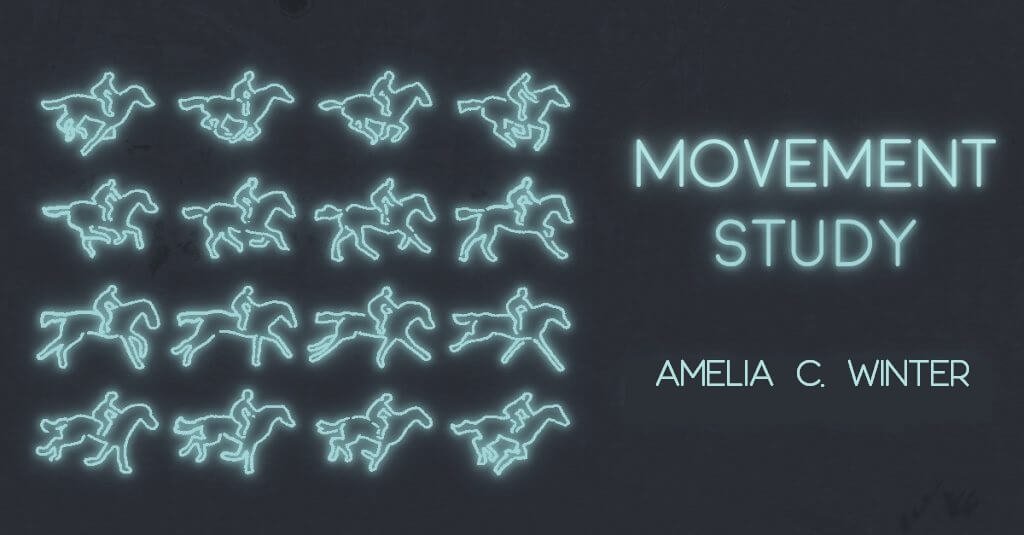The only way they had was their nakedness. This and this alone delivered them through the many corridors of their pursuit: their innumerable stations of falling over and springing upright.
Their eyes, their pupils, were open, bright, darting: brilliantly black-on-white. They were silent—mutists—but too antic for the soliloquy over the straitjacket. They were turned out of the asylums as quick as they were caught, hopped then over hedges and fences, scattering the hills.
The realm of objects at all times tried to court them; its advances went unrequited. (That is what a prop is, said Marx: a thing that tries to dominate you and fails.) They were slippery as fish, and in time they were common as pigeons, though they never scavenged or roosted or even seemed to perch, and certainly they did not breed.
Some were captured on motion picture cameras—but very few, and only by desperate pursuit. Stories were fitted to this footage at great cost. The dramatic scenes were done by costumed doppelgangers, all of whom later sat abed and drank, copiously—copiously.
When I say that they were naked, I mean that they were clothed, relentlessly and essentially clothed, even the tops of their heads covered with an inalienable hat.
When I say that they were naked, I mean that some of those who saw them also studied them, wrote of them, but one would then be found giving suck to a piglet or taking a wife in legal ceremony and the arguments would fall apart. Even the poems of praise were outdated in weeks.
When I do say that they were naked, I mean that they lacked the impression of weight and volume; one could chase them up, reach out and palpate their necks and yet feel no surer of them as things of real duration.
But their real duration was discovered at last when they vanished. They came all at once, and they went all at once. It seemed they were to be nobody’s sport.
And then:
A man ran for a train and caught it.
A man came into a secret and never told it.
A man kissed another man on the mouth and got the hell slapped out of him. (He never lost his hat.)
A man drove to the detention centre and detonated his bomb, then fled across a heat camera that tracked him. The heat camera tracked him live to a bog into which he waded out, in which he submerged himself, until his signature died. He was never caught. On the shore, by a tree, he left a ratty tramp’s coat.
These were tributes.
Myself: I have spoken to nobody friendly in months. I eat tuna-on-toast in my little brown garret and attempt to write. I spend my evenings laid up in bed, cold-calling people by voice-over-IP, trying to sell them insurance.
When I go running—always by night—I imagine that I’m Eadweard Muybridge, of chronophotography fame, having just killed my wife’s lover. Muybridge was acquitted for that in 1875, but I live in a different time.
When I think, as I run, of my wife’s dead lover—of my finger depressing the gun’s trigger, the bullet piercing his heart, of how he staggered backward into his bookshelf and conducted all his books, knick-knacks, and tchotchkes down onto the floor, on top of him—I know I’ll need to spend my life on the run—running in place against a black background—each minute movement an exquisitely-lit anatomy—a stationary plate of black-and-white impressions.
This, too, I tell myself, is a variety of escape. Just narrowly.

